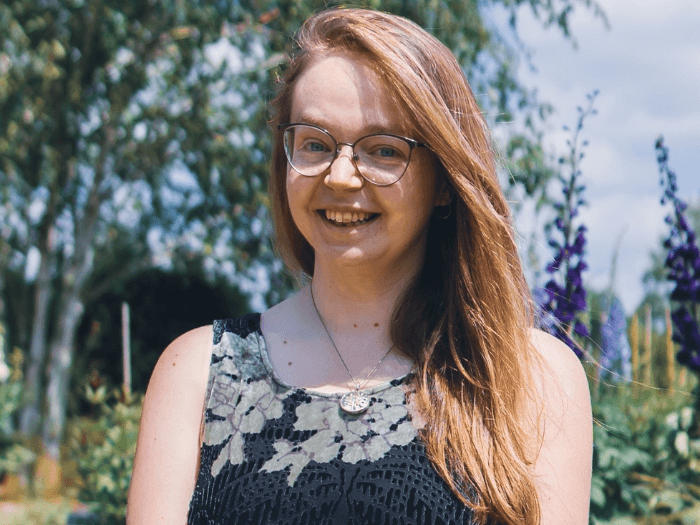Since joining the MU’s Equality, Diversity and Inclusion Committee just over two years ago, I have been increasingly aware of how vital our membership networks are.
Network meetings are member-led and informal. Often, we end up having plenty of time to delve into topics that personally affect each attendee, which gives incredible insight into the ways in which our union can help to change our working world for the better.
Having hosted two LGBT+ Network meetings, I am by no means an expert in chairing or union jargon, but I am finding that the meetings offer a comforting camaraderie and are building my confidence in taking on the issues that matter to our LGBT+ members.
What do we cover?
Some of the topics covered recently have included: session planning, networking and ideas for members conference; LGBT+ visibility within the union and the wider industry; conversion therapy and the government’s exclusion of trans people from protection; accessibility of networking sessions; LGBT+ support within musical institutions, regarding both employers and education.
These discussions will then often feed into our EDI committee meetings and mean there is a direct line of influence from the Network onto the decisions that we make.
Whilst not everything is easily or quickly solvable, using our voice as a group within the union is a good way to steer the MU in a progressive and inclusive direction.
Sharing personal experiences
One point that came up at our most recent LGBT+ Members’ Network meeting in May was visibility within the workplace. Being a musician can mean working with a huge range of colleagues, which comes hand in hand with a broad spectrum of tolerance levels and beliefs.
It is no secret that casual homophobia and transphobia still run pretty rampant within parts of our industry. This does not mean that LGBT+ musicians should have to put up with it.
As a young musician, I have been recommended books that cover the “etiquette” of working with more senior musicians. Whilst in some ways, they are an interesting slice of still very recent history (mentions of how to read newspapers quietly during rehearsals as well as tips for getting an answerphone for your landline), there are always clear guidelines about appropriate topics of conversation. I’m sure most people are familiar with these rules; no politics, religion or anything that might offend. That’s fine, assuming that your identity isn’t viewed as inherently political.
 "There is no reason, in 2022, for anyone to make assumptions about gender or sexuality". Image credit: Collins, Tam (2021).
"There is no reason, in 2022, for anyone to make assumptions about gender or sexuality". Image credit: Collins, Tam (2021).
I have lost count of the number of times that it’s been easier to ignore assumptions that I must be dating one of the male members of my chamber groups, been told to play something as if I’m trying to seduce a member of the opposite sex or had jokes made about being the only female member of the section for similar reasons. These are all comments that would seem out of the ordinary in other workplaces, yet somehow are acceptable in the creative industries.
Other times, having made colleagues aware of my LGBT+ identity, I have found myself the subject of fetishization or directly homophobic comments. All things considered, I have the privilege of being able to “pass” as straight, which is often the easiest choice to make.
There is no reason, in 2022, for anyone to make assumptions about gender or sexuality. Awareness and visibility are important, but it is the role of everyone in our profession to be conscious and informed. It’s not the job of our LGBT+ members to out themselves to avoid assumptions or counter homophobic or transphobic opinions. That’s work that all musicians can be doing together.
What the LGBT+ network has planned
Plans have begun for an in person LGBT+ Network Members’ session that centre on awareness and visibility. This is being curated by LGBT+ members for LGBT+ members to encourage community and networking. We are open to suggestions and requests on the specifics, hopefully this session will encourage the wider membership to broaden their awareness and challenge assumptions.
More about Lynn
Outside of music, Lynn enjoys early-morning surfing, baking and pub quizzes. She was a member of the TUC Women’s Committee for their last cycle and has been recently re-elected to the MU’s Equality, Diversity and Inclusion Committee.